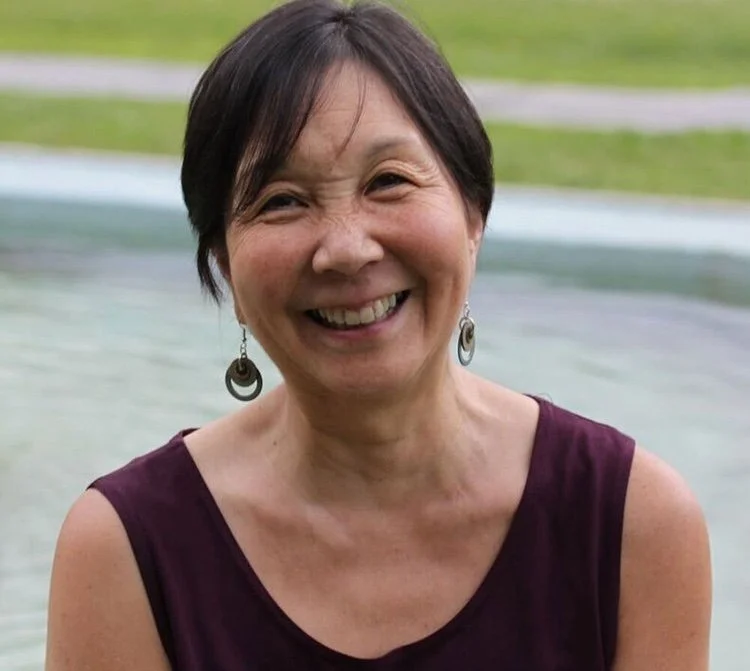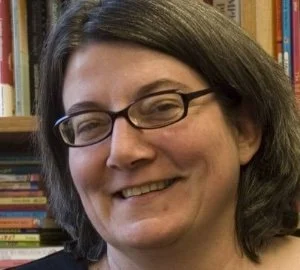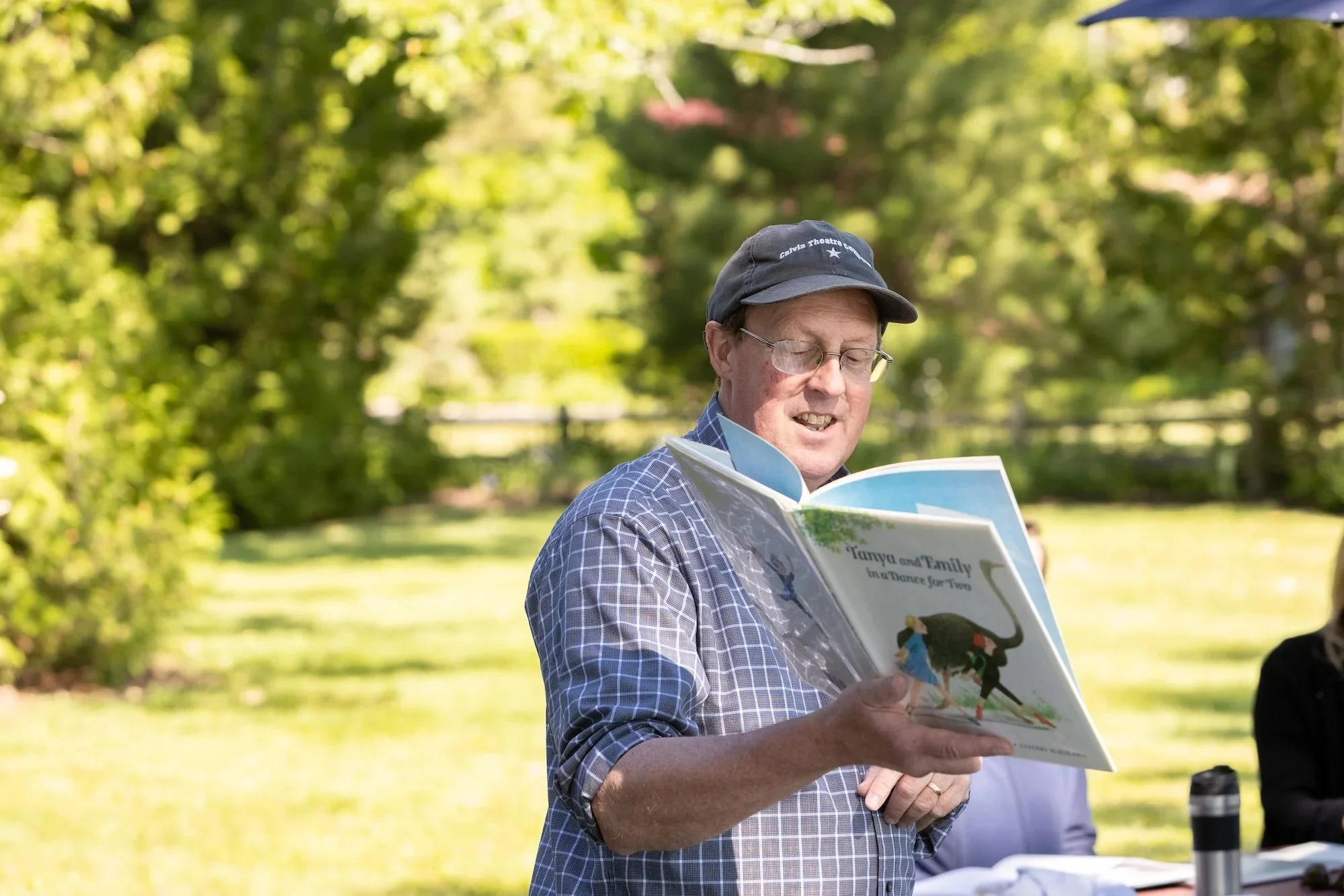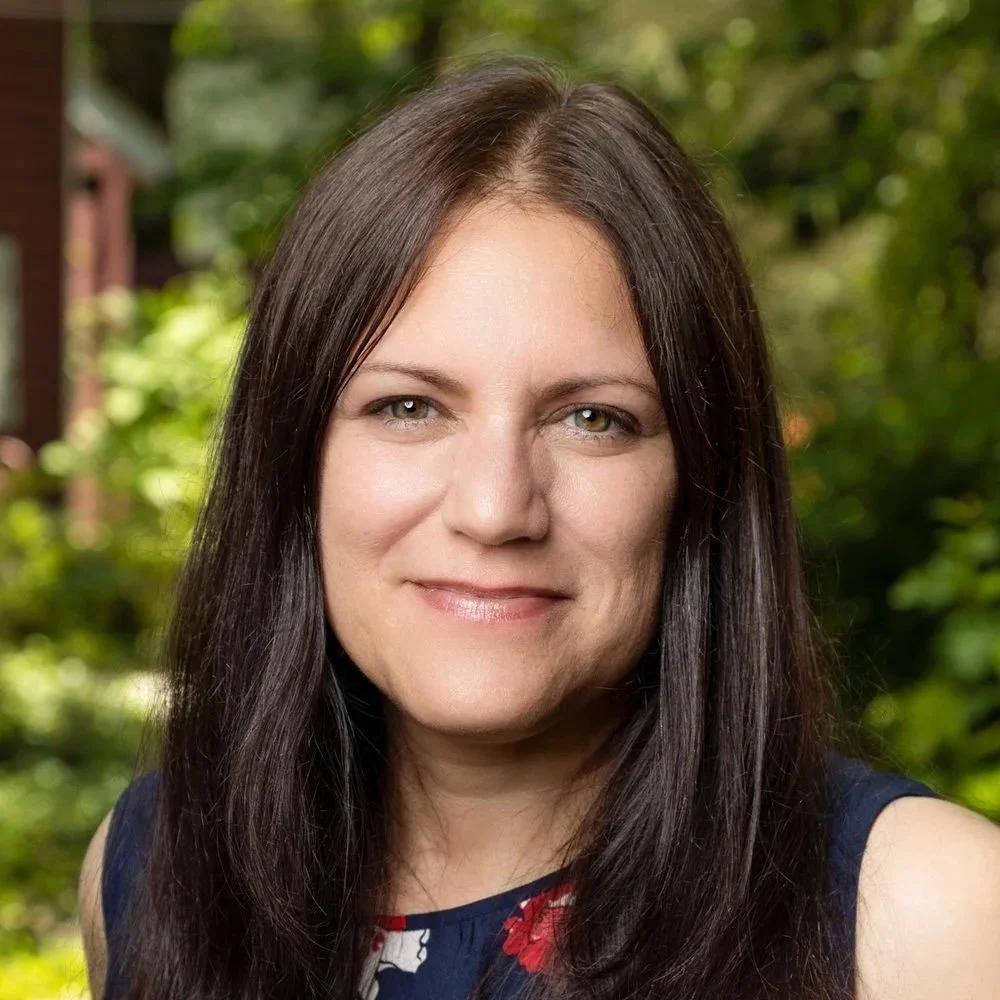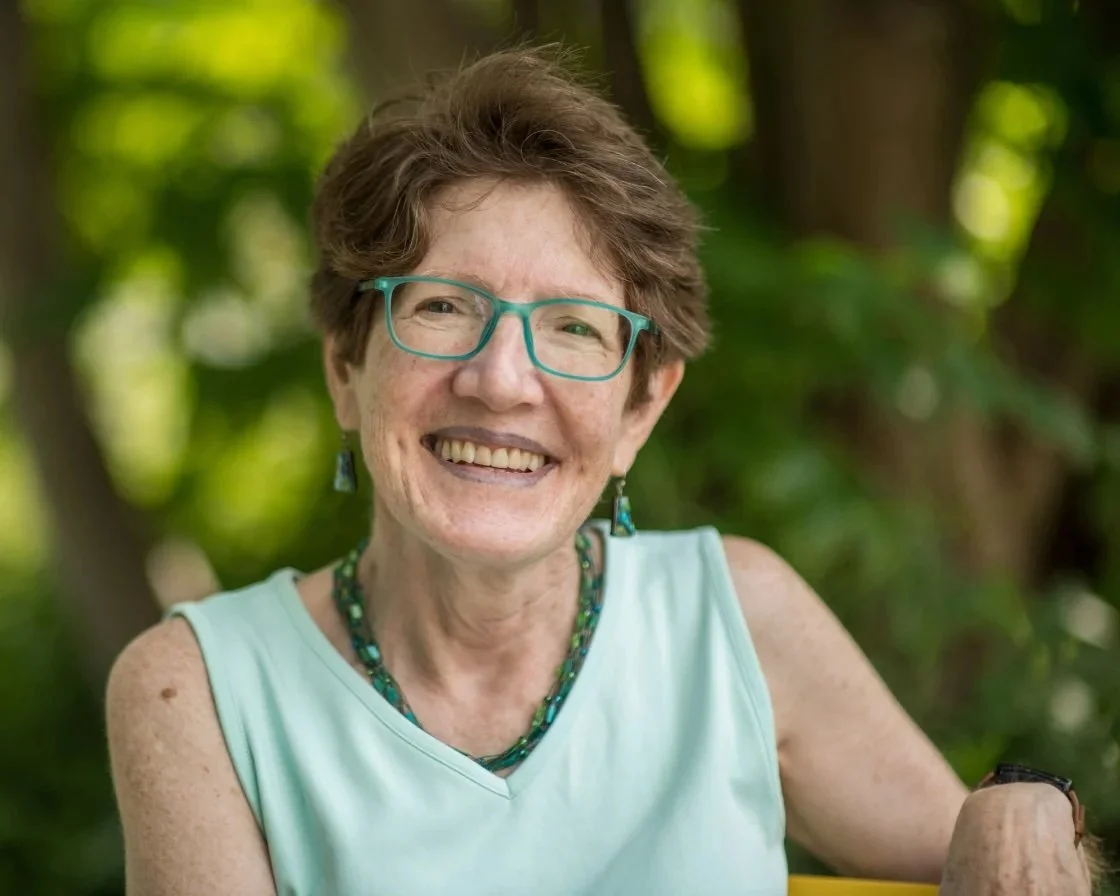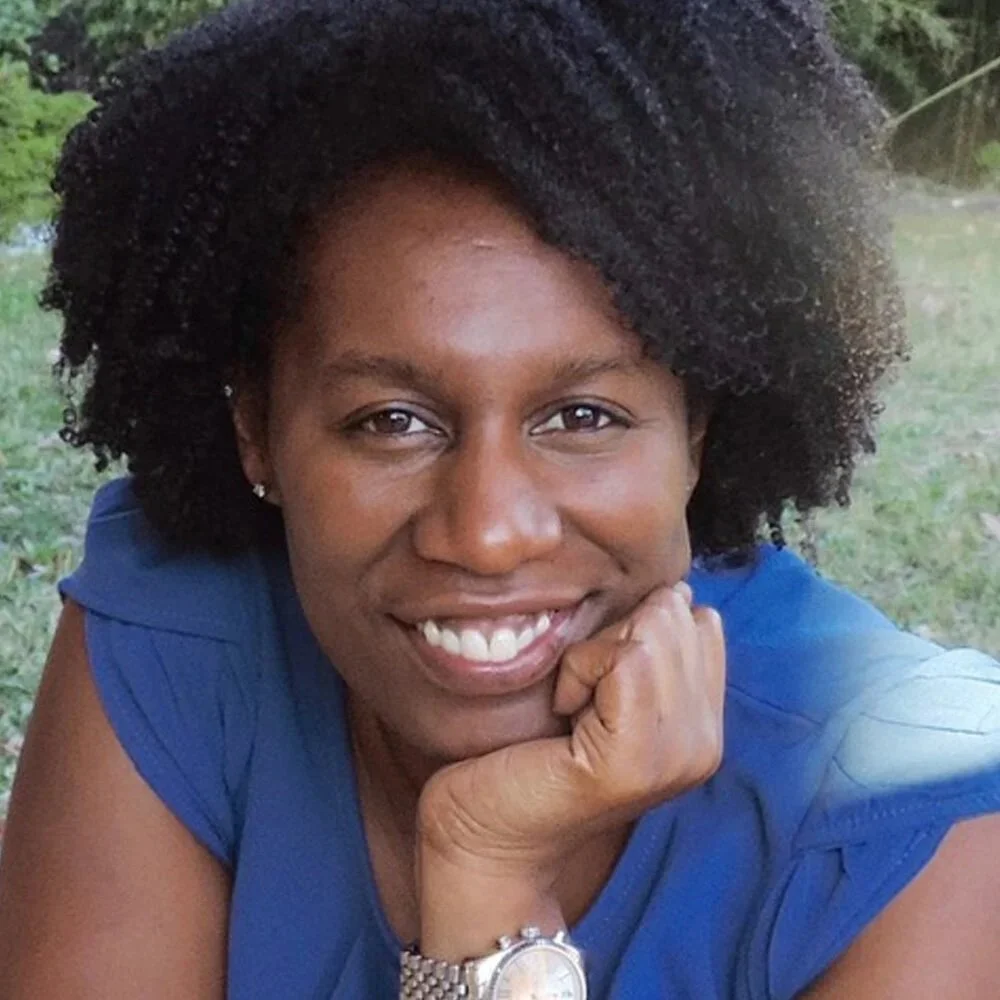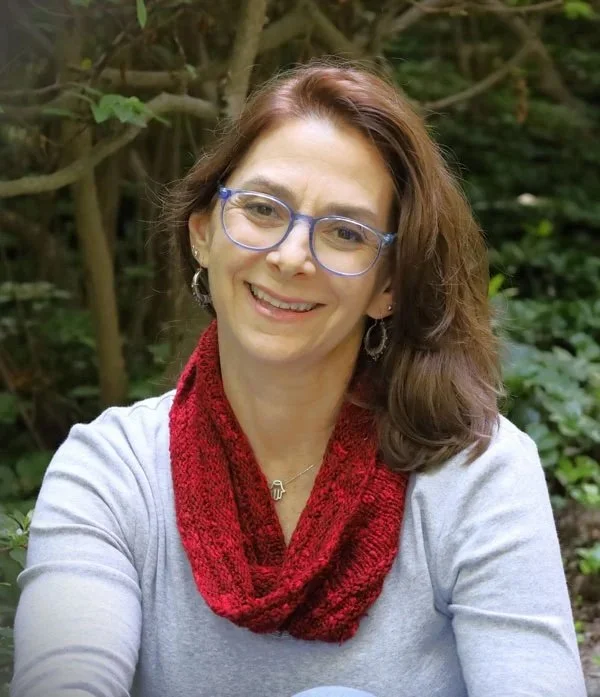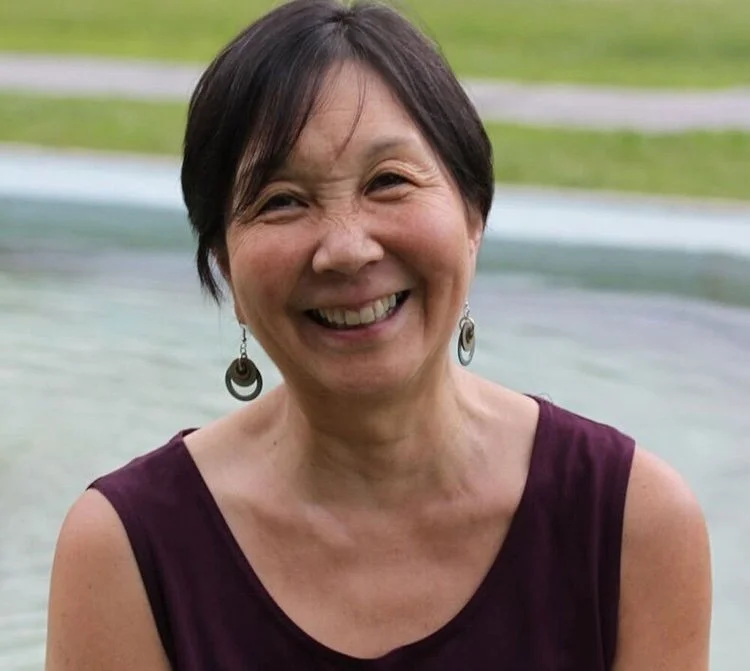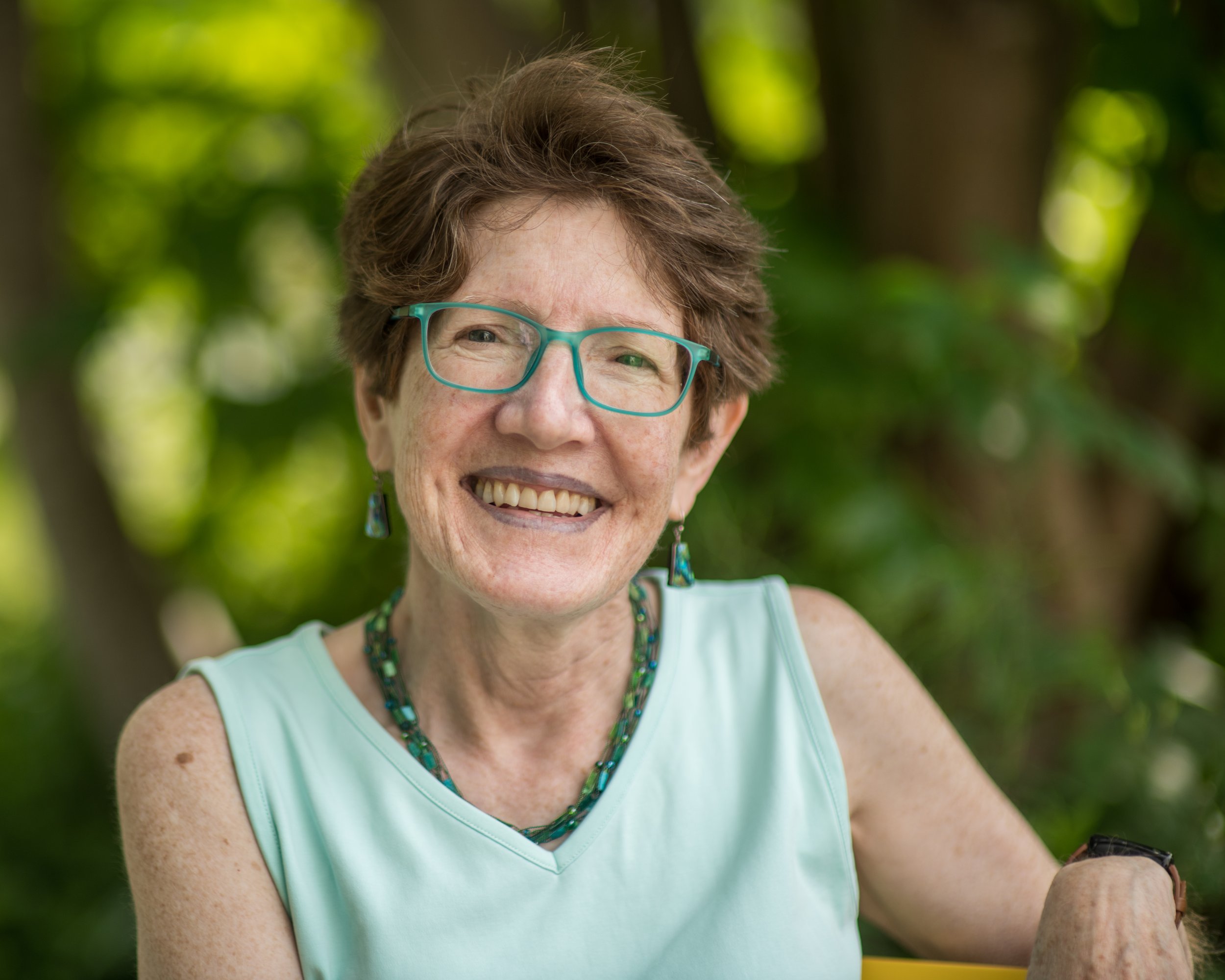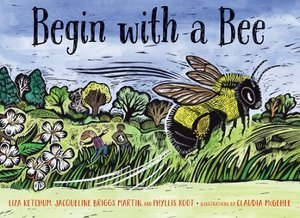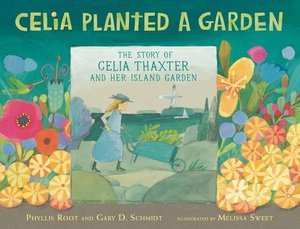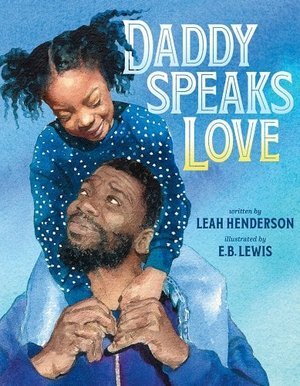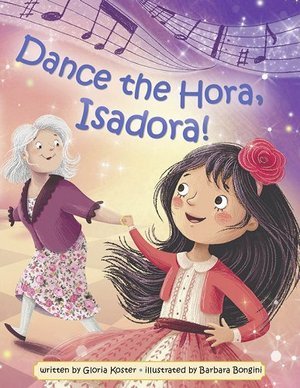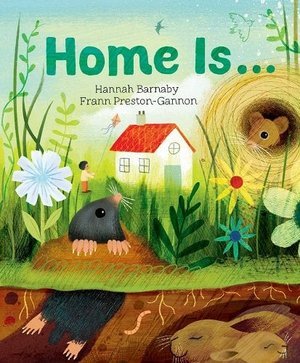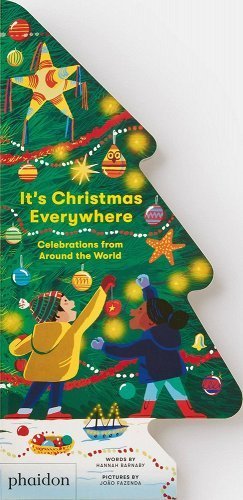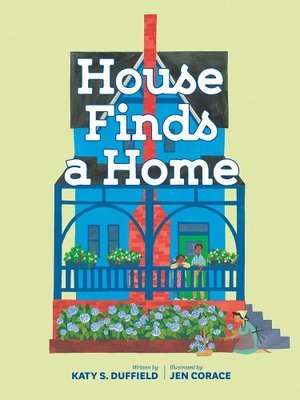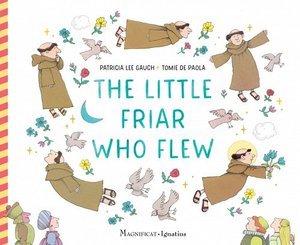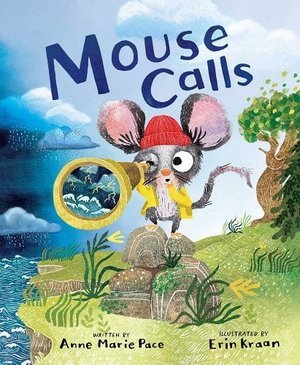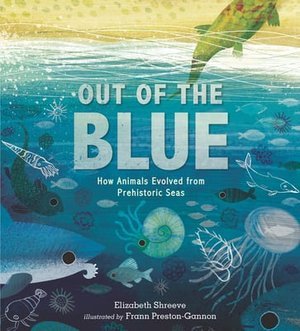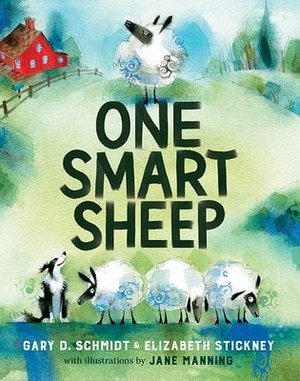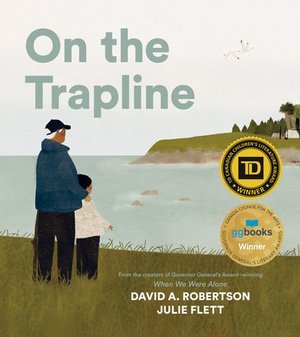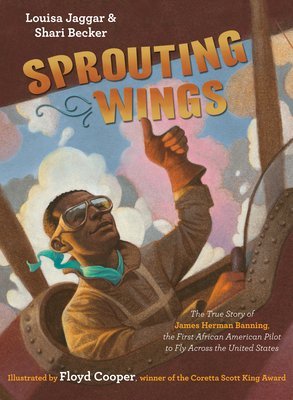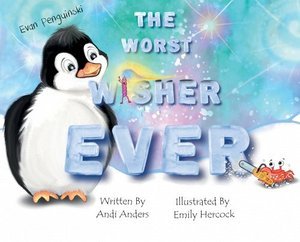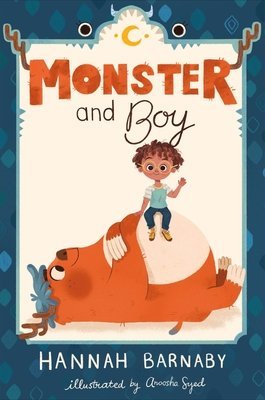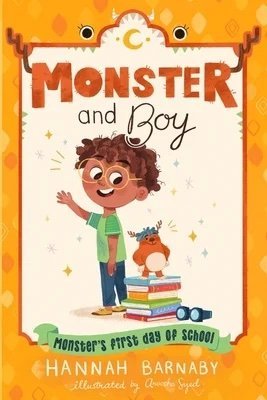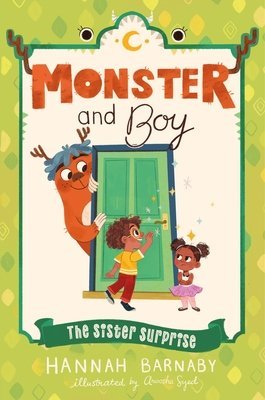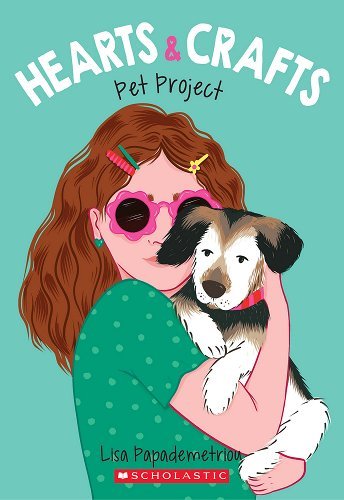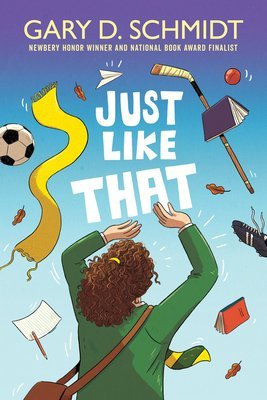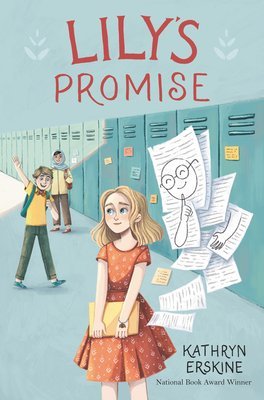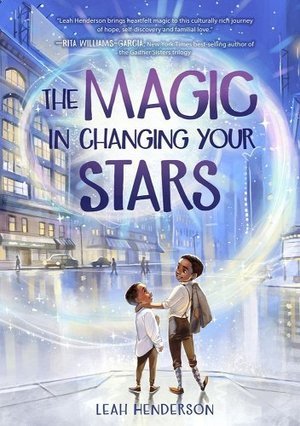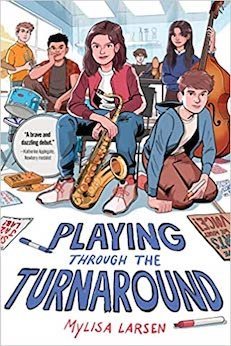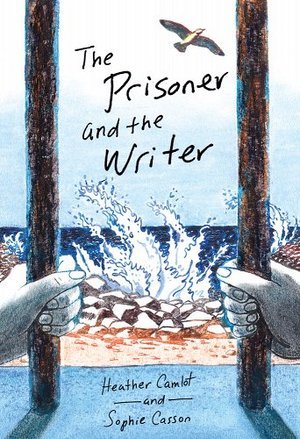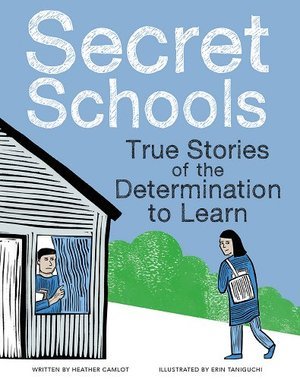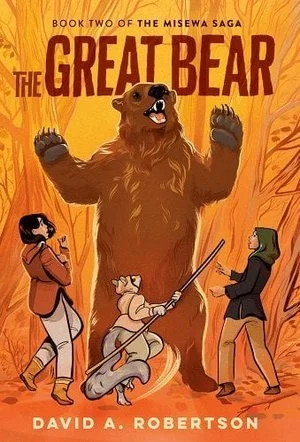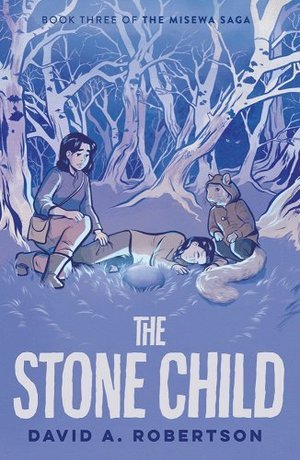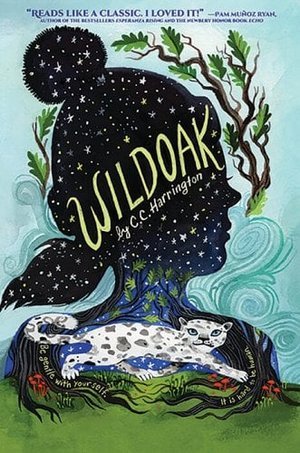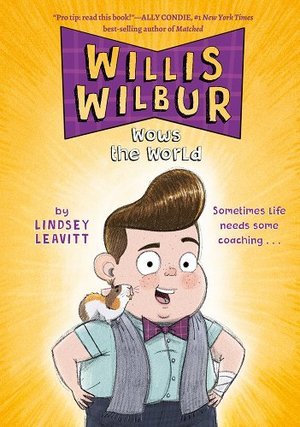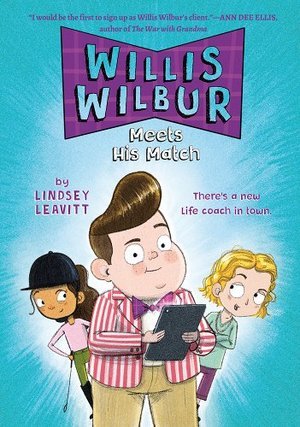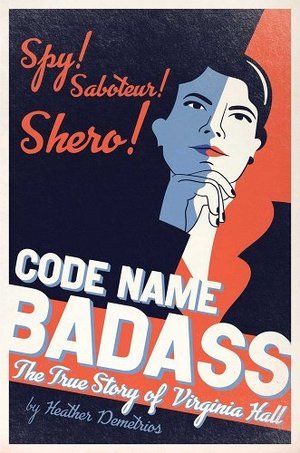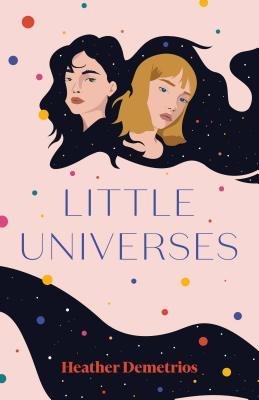With publishing in a perpetual state of flux, I am continuing my quest to keep you connected to small (indie) presses committed to helping authors bring their stories to life.
I met Michele McAvoy about a year ago through an industry friend. My first impression of Michele was: “WOW, this woman is smart as anything, and I can’t believe what she has accomplished.” Michele started The Little Press from home, and now her books are being distributed to libraries and bookstores nationwide. Her acquisitions are being announced in Publishers Weekly. The Little Press is the real deal.
Below is my Q&A with Michele. Whale Rock community members have an exclusive opportunity to submit to The Little Press for the next month. See details below. (After the month is over, The Little Press will be closed to submissions for a while.)
Enjoy,
Shari
Can you tell me a bit about how and why you started The Little Press?
This is a loaded question. There are so many reasons why I started The Little Press, but in a nutshell, I started it as a means to give debut or early career writers an opportunity for publication. As an author, my publishing opportunities have come with smaller indie presses, and I am able to enjoy all the benefits of being a published author. I sit right next to my colleagues published with bigger houses at book festivals and kids don't know who published what. All they care about is a good book. I wanted to do something bigger in the industry by giving others the gift of publication.
Can you tell me a bit about your background prior to starting The Little Press?
I've been in the industry since 2016 when I self-published my first children's book, My Superhero Grandpa. As an attorney for 20+ years, I’m naturally inquisitive and began to research and learn all I could about the publishing industry. I went on to get an agent and published additional titles through smaller independent presses, like Native Ink Press, Cardinal Rule Press, and Pigman Books. At some point I realized, hey, I could do that! As an attorney with large international law firms and working in-house at a major bank, I've had a seat in many meetings with high stakes. I didn't realize my legal work was training me to be the CEO of my own company. I now not only sit at the table with CEOs and influential folks in the industry – I had a Zoom call with a senior creative director at DreamWorks (OMG!) – but I also have the business sense to drive my own company to success.
What is the mission of The Little Press?
It's our mission to open doors for debut and early career creatives. In this way we can bring new voices to children's literature. I love sending that email to a debut author telling them we would like to acquire their project. I know the joy that gives and that fills my mission right there.
Tell me a bit about the small press model:
Publishing isn't for the faint of heart. I have to be creative in a business sense in order to find profitability. There is a very good reason why you may not see big advances from small publishers or you may not sell 20,000 books from small publishers. It's not because the publisher doesn't care or isn't trying. It's a difficult market for an indie. At the same time, we aren’t constrained by large marketing teams and budgets that many of the bigger publishers have to contend with. We have the power to acquire books we love just because we love them. And we can take on projects that resonate with us.
For example, we’ve boosted our ability to bring beautiful picture books to market with our collaboration with One Little Earth, an environmental nonprofit. I've had a fantastic time collaborating with their founder, Debra Wolf Goldstein, and we’re excited for the amazing stories and new voices we are bringing to market through this partnership.
What kind of distribution do you have?
We have traditional distribution through Baker & Taylor Publisher Services (BTPS). This means that we have national distribution and our books are available to all booksellers and librarians nationwide. Procuring traditional distribution through BTPS was a game changer for us and has allowed us to offset print — we can now do print runs abroad instead of print on demand (POD). Working abroad allows us to bring a higher quality print to market. Now some of our covers are adorned with sparkles, foil, spot UV, embossing, and treatment you can't get with POD.
What's something you'd like folks to know about The Little Press?
As a true indie we don't succeed unless you support us. Full stop. Unlike large publishing houses, we don't have built-in distribution to every library or big box store. But we can be successful through true grassroots support. We need YOU to buy our titles, ask for our books at libraries, and support us on social media. We need the power of the collective in order to bring success to all of our amazing creatives.
How do you think publishing has changed in the past few years? How has that impacted The Little Press?
There has been SO much change in the past few years, not to mention the change that came with Covid, Print On Demand, Amazon, etc... I think folks crave a change and are beginning to see the power of being independent. I think The Little Press has benefited a bit from the shake up in that creatives are seeing the benefit of starting small and are trusting us with their amazing work. I also think the industry has welcomed us with open arms, as our acquisitions get picked up in Publisher's Weekly, we have been featured in Publisher's Weekly, Foreword, and the Independent Book Publishers Association (IBPA.)
What kind of stories do you look for?
I typically look for stories with great commercial appeal and humor. I think that stems from being a Saturday morning cartoons kid from the ’80s. For our Christian imprint, Bless this Press, we publish quieter stories. For MG and YA, we are just looking for GREAT writing. Candidly, we are too small to heavily edit a manuscript, so we look for work that is already strong. All of our novels have gone out to receive fantastic industry accolades and that's because the writing is really good.
What will writers get from working with you?
When you work with The Little Press your book gets the same amount of attention as every book on our list. We work closely with our creatives throughout the marketing of their titles. We invest in educational guides, book trailers, Edelweiss promotions, etc., for all of our titles.
Any final thoughts?
We would love to give an exclusive submission to Whale Rock's authors. We will open until May 15 for MG and YA only. Please follow our submission guidelines at www.littlepresspublishing.com/submissions and put "Whale Rock" in the subject line.


